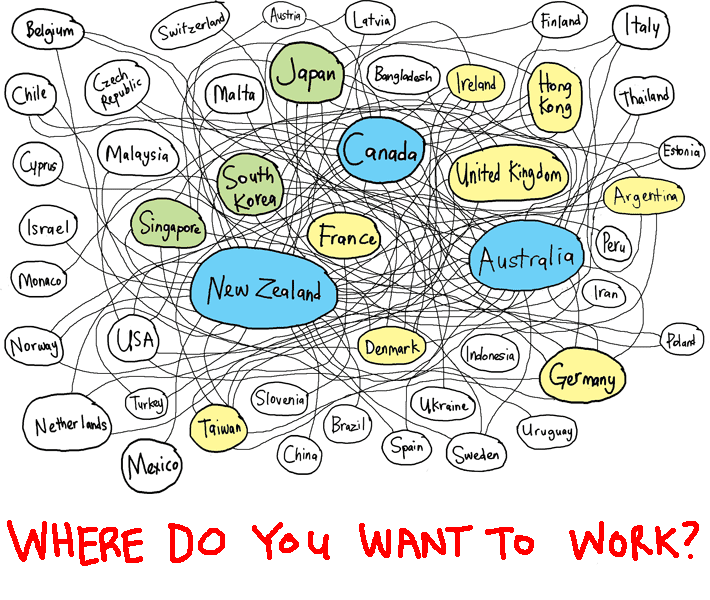In March, I attended the Preparing the 2025 Workforce - Attracting and Developing Talent Conference where the speakers included former US secretary of education Margaret Spellings; Manpower Group UK managing director Mark Cahill; and, Barclays head of employability Tessa Oversby.
The main focus of the conference was to discuss Britain's evolving position in the global economic arena and to provide the audience with a pathway to career success. Two topics addressed were whether the UK government is doing enough to create apprenticeship schemes for school leavers and how students and graduates can make the most of their future careers.
At the end of the discussion, I was left with the impression that if universities do not create academic programmes to better suit employers' needs, there is going to be a shortage in certain skills that will be in demand in the near future. Take ownership in preparing the current and future workforce with the skills they need to ensure productivity and add value to the future economy.
In my previous blog, The Expectation Gap, I spoke of the issue that us students feel we are not adequately prepared to supply our prospective employers with the skills they require from us.
It seems there are still questions as to what the ideal skill set a chosen profession requires one should have, depending on their chosen profession, and at the same time to take into account the "manpower mix" that the economy will need in the next decade.
For example, there is the expectation (according to Bill Gates) that there will be a shortage of programmers in the second half of the decade. If this assumption is true, the education system will have to provide the necessary infrastructure and know-how in order to train people in this profession. Hopefully, as the demand for these skills increases, students will pay back the investment through taxes and adding value to the economy.
Here are some of the most important statistics to come out of the conference:
- 62% of the employers feel there is a national skills shortage;
- If the government is able to divert the 1.03 million unemployed youth back into the workforce, it is possible taxpayers will save £13bn ($19.7bn) in welfare, healthcare and other benefits that would be otherwise be paid over their lifetimes; and,
- The expected cost of university education can exceed £100,000 (due to accumulated interest charges).
In the past, the government was willing to pay for the cost of university education because it was almost guaranteed a person with a university degree would earn more money and pay more taxes throughout their working lives than the average person.
However, with the introduction of university fees, a considerable amount of that cost is passed down to the student who has to choose the right degree and "educational profile" to guarantee on-going success in his/her professional careers.
One final point made at the conference was that all employment growth in the next fifteen years will be on the back of those people who continue to develop their "educational profile" with further and higher education.
I leave you with a quote from Greek philosopher Plato: "The direction in which education starts a man, will determine his future in life".
This post first appeared in
The Accountant (April 2013)
 Breaking Down Barriers to Finance
Breaking Down Barriers to Finance Breaking Down Barriers to Finance
Breaking Down Barriers to Finance




